Results
-
£29.95
Heroes Of The Combat (Brass Band - Score and Parts) - Coles, Bramwell
Published two years after the end of World War Two, the title of this march projects a dual symbolism of which the composer was so fond, earlier examples being The Flag of Freedom and Victors Acclaimed. The introduction of this march is more extended and subsequent strains demonstrate a trait loved by both Coles and Marshall; the shifting between triple and duple subdivisions of the beat within attractive melodies and accompaniments.
Estimated dispatch 7-14 working days
-
£14.95
Heroes Of The Combat (Brass Band - Score only) - Coles, Bramwell
Published two years after the end of World War Two, the title of this march projects a dual symbolism of which the composer was so fond, earlier examples being The Flag of Freedom and Victors Acclaimed. The introduction of this march is more extended and subsequent strains demonstrate a trait loved by both Coles and Marshall; the shifting between triple and duple subdivisions of the beat within attractive melodies and accompaniments.
Estimated dispatch 7-14 working days
-
 £59.99
£59.99The New Covenant (Brass Band - Score and Parts) - Curnow, James
Throughout The New Covenant the composer seeks to portray through programmatic music the sensitivity, love and understanding of a compassionate Christ and the strength and wisdom of the Son of God who gave Himself to become the new covenant between God and man. This descriptive work creates a word painting by use of fragments from John Newton's beautiful hymn 'How Sweet The Name of Jesus'. An ideal work for any concert but especially for those taking place in Churches or Cathedrals.Duration: 6:15
Estimated dispatch 7-14 working days
-
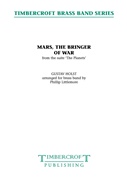 £35.00
£35.00Mars, The Bringer of War (from The Planets) (Brass Band - Score and Parts) - Holst, Gustav - Littlemore, Phillip
Holst's suite The Planets was written between 1914 and 1916 and with the exception of Mercury, which was written last, Holst wrote the music in the sequence we hear them. So, in 1914, came the insistent rhythmic tread of Mars, The Bringer of War. It is widely known that the sketches were completed prior to the outbreak of the First World War, so the music is less a reaction to the declaration of war itself, but more an impending sense of inevitability of a war to unfold. An ideal concert opener, especially in this current year as it is not only the 100th anniversary of the piece itself, but of The Great War. Duration: 7:20
Estimated dispatch 7-14 working days
-
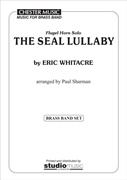 £42.95
£42.95SEAL LULLABY, The (Flugel Horn Solo with Brass Band) - Whitacre, Eric - Sharman, Paul
This loving and dreamlike work captures the undulating rhythm of a mother rocking her child to sleep. The piece was inspired by classic Rudyard Kipling: "Oh! Hush thee, my baby, the night is behind us, And black are the waters that sparkled so green. The moon, o'er the combers, looks downward to find us, At rest in the hollows that rustle between." Magical!
Estimated dispatch 7-14 working days
-
 £30.00
£30.00The Raft of Medusa - Gareth Wood
The Raft of the Medusa is a painting by Theodore Gericault and hangs in the Louvre, Paris. It depicts the true story of a shipwreck and of a hastily constructed raft upon which at least 157 people were cast adrift for 13 days and endured starvation, dehydration, cannibalism and madness. The work is a diabolical duel between trumpet and trombone, a violent tone poem showing off the techniques of the soloists. There is no light in this piece, no triumph, only sadness.
-
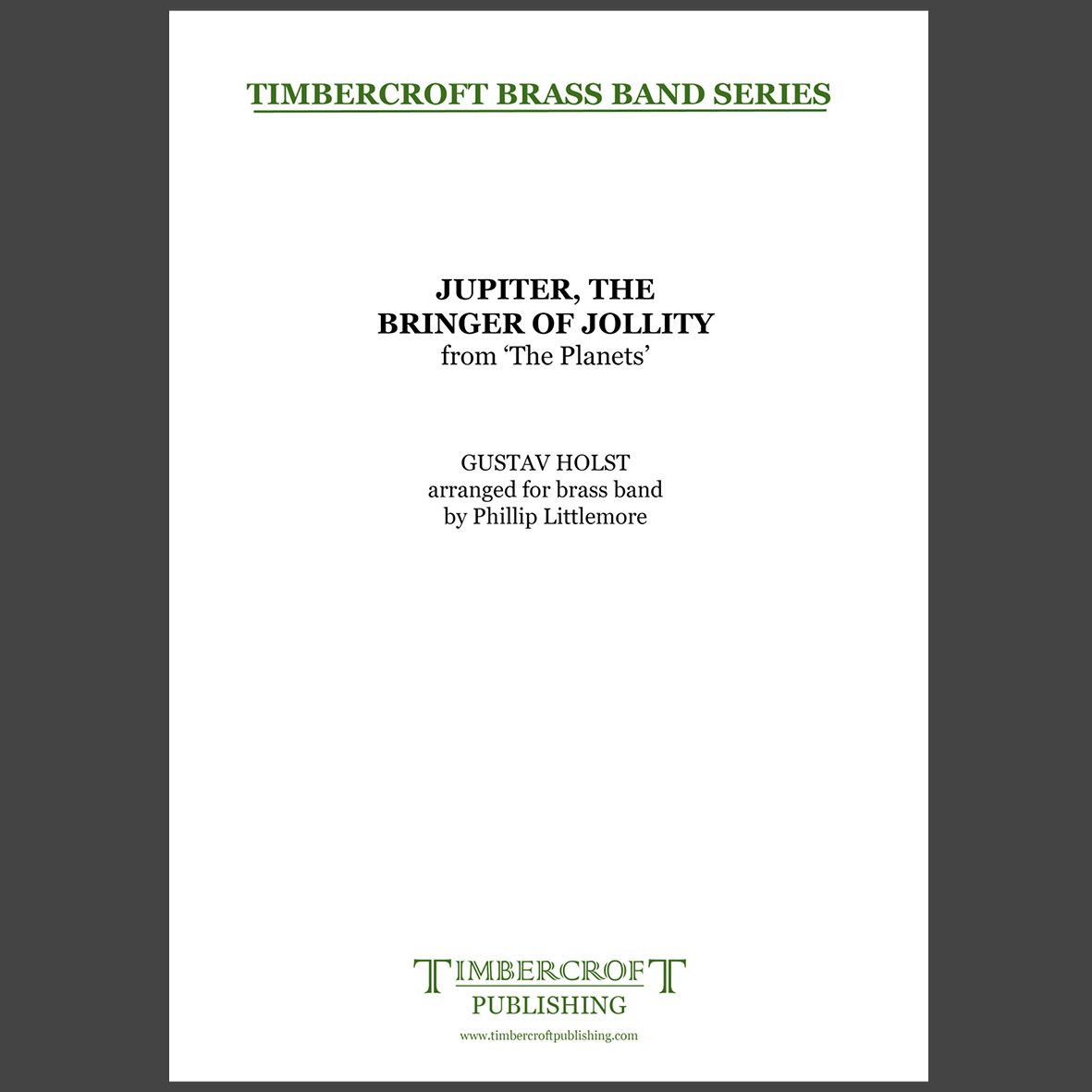 £45.00
£45.00Jupiter, The Bringer of Jollity - Gustav Holst arr. Phillip Littlemore
Holst first became interested in astrology around 1912/13 and so began the gestation for a series of pieces that would ultimately become the suite The Planets.The suite itself was written between 1914 and 1916 and with the exception of Mercury, which was written last, Holst wrote the music in the sequence we now know them, and thus did not present the inner planets of Mercury, Venus and Mars in their planetary order. Holst portrays Jupiter's characteristic "abundance of life and vitality" with music that is both buoyant and exuberant in equal measure. Driven by big tunes throughout, not least the solemn hymn-like (and later a patriotic song) I Vow to Thee, My Country. this piece is a magical tour de force.Duration: 8'20"Difficulty: 2nd Section and above
Estimated dispatch 5-7 working days
-
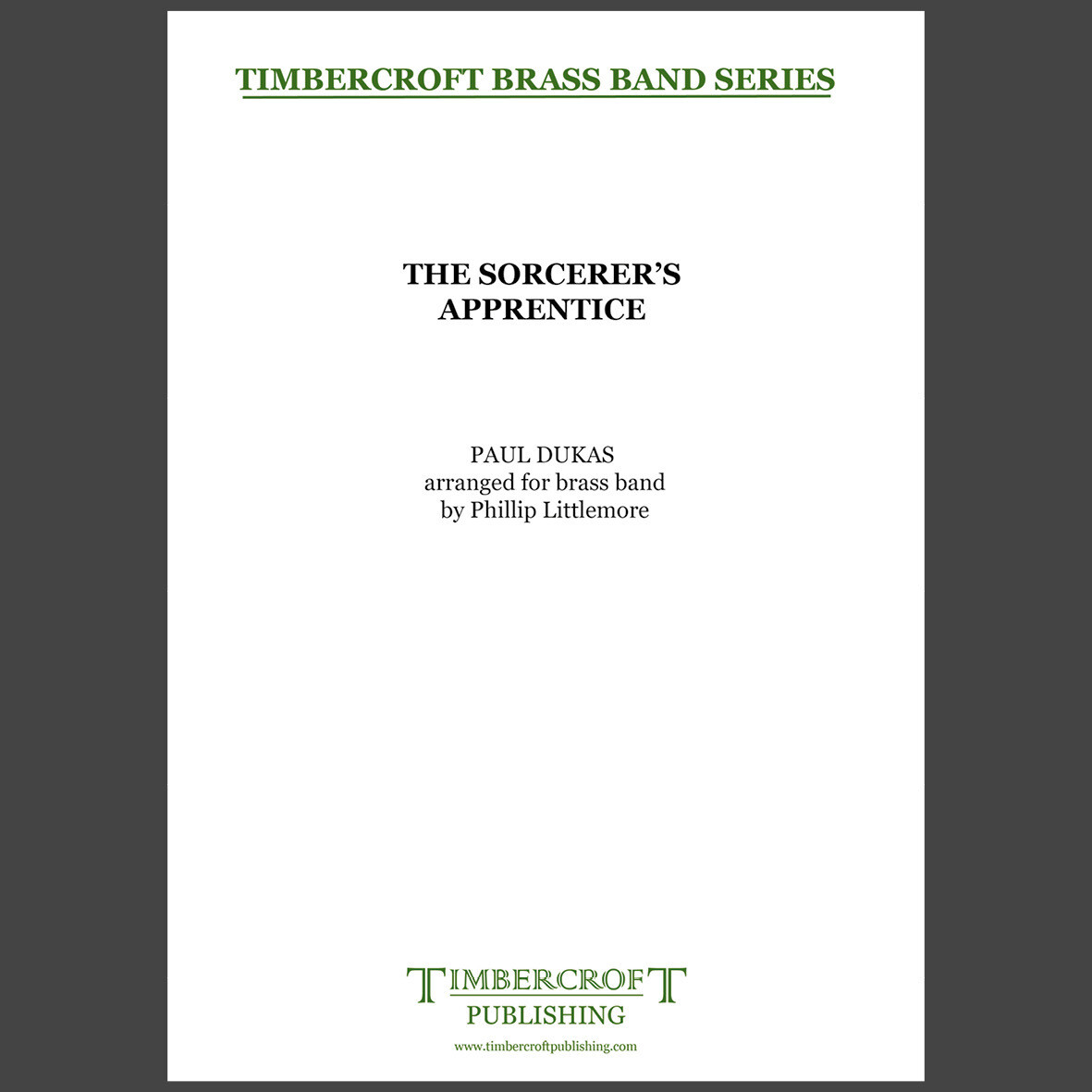 £40.00
£40.00Sorcerer's Apprentice, The - Paul Dukas arr. Phillip Littlemore
French composer Paul Dukas wrote his symphonic poem, The Sorcerer's Apprentice, between 1896 and 1897. Subtitled 'Scherzo after a ballad by Goethe', the piece was inspired by Goethe's 1797 poem of the same name. By far the most performed and recorded of Dukas' works, perhaps it's most notable appearance was in the Walt Disney animated film Fantasia from 1940, which led to the piece becoming widely known to audiences outside the classical concert hall.The original orchestral work is some 10 minutes in length, however this brass band transcription has been abridged to create a more manageable 6-minute work, yet it still retains the urgency, magic and colour of the original. Duration: 6'00"Difficulty: 2nd section and above
Estimated dispatch 5-7 working days
-
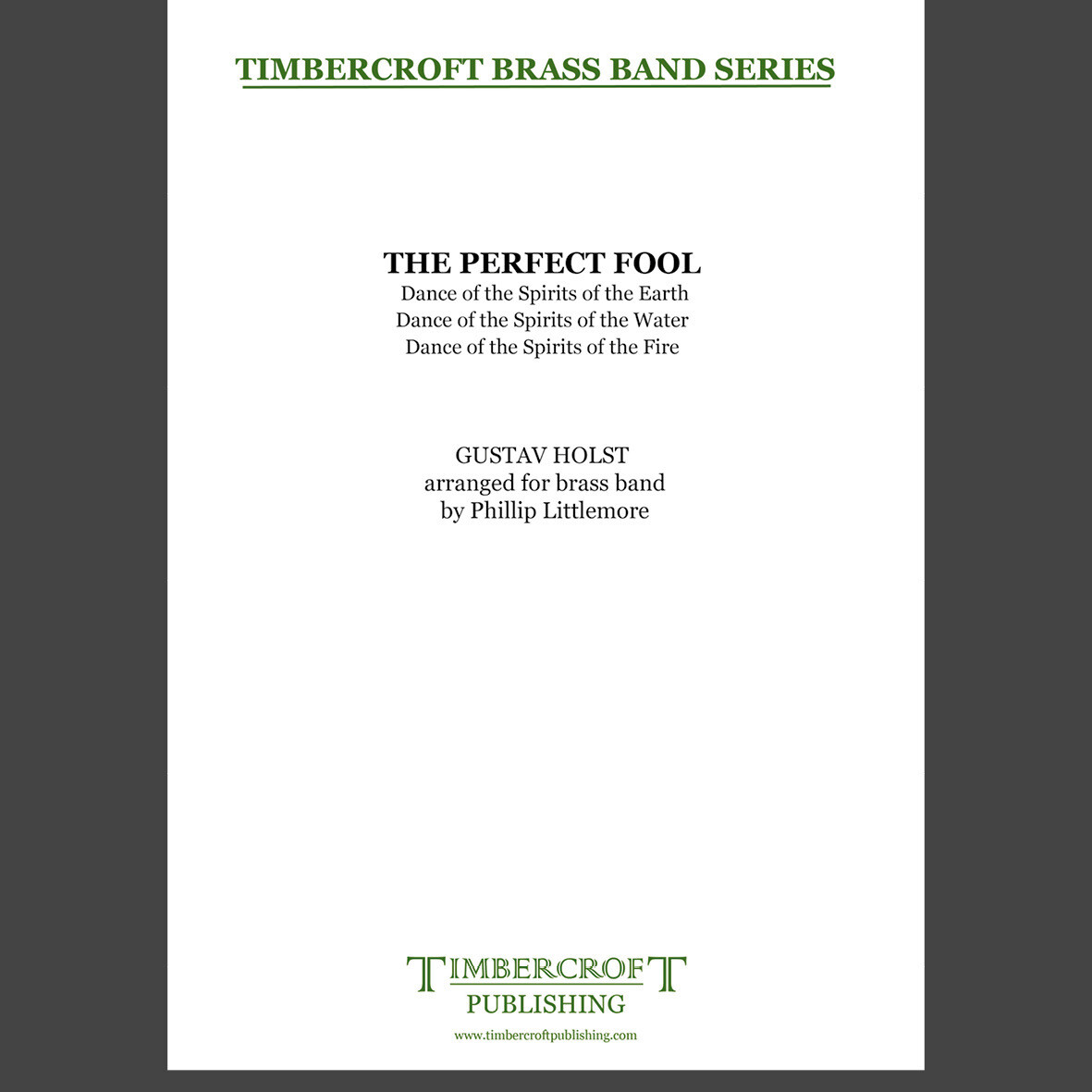 £55.00
£55.00Perfect Fool, The - Gustav Holst arr. Phillip Littlemore
The music for The Perfect Fool is taken from the comic opera by Gustav Holst, written between 1918 and 1922. The opera received its premiere at Covent Garden, London on 14th May 1923. This arrangement consists of the three dances from the ballet which starts the work: Dance of Spirits of Earth, Dance of Spirits of Water and Dance of Spirits of Fire.Duration: 9'30"Difficulty: 1st Section and above
Estimated dispatch 5-7 working days
-
Galloping Home (The theme from TV's Black Beauty) - Dennis King - Len Jenkins
"The Adventures of Black Beauty" was a British children's television drama series produced by London Weekend Television and shown by ITV in the United Kingdom between 1972 and 1974. The theme tune, "Galloping Home", written by Denis King and performed by the London String Chorale, was released as a single and peaked at number 31 in the UK charts in the week of 2 February 1974. It was later used at the climax of the first series of Absolutely Fabulous, with Edina Monsoon dreaming of running through a field as Black Beauty does in the series' title sequence. The piece has been arranged for both Full Brass Band and Brass Ensemble, in this case a Quintet with optional percussion. Both arrangements are well within the capabilities of most bands.
